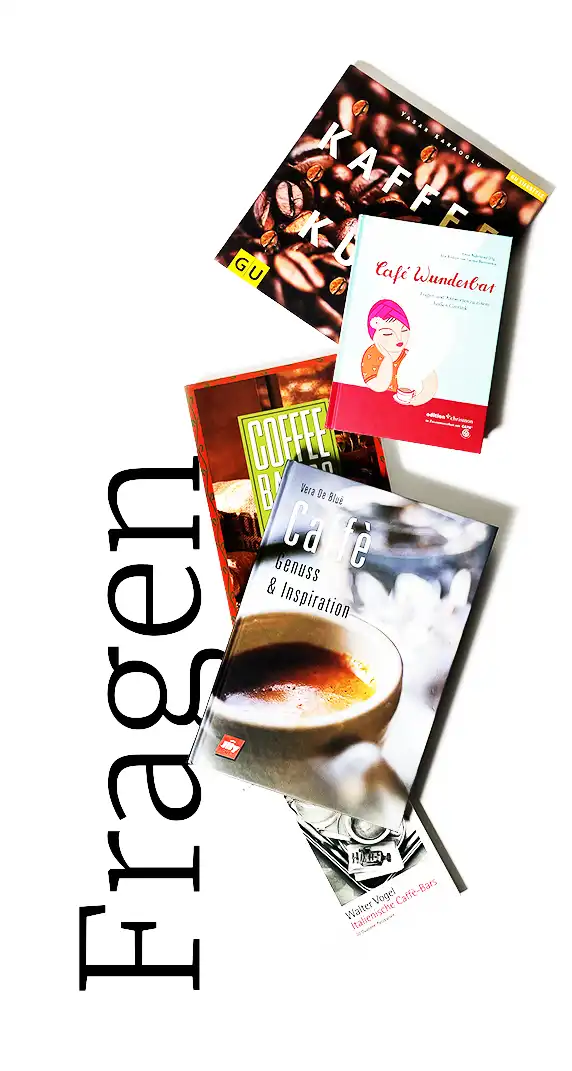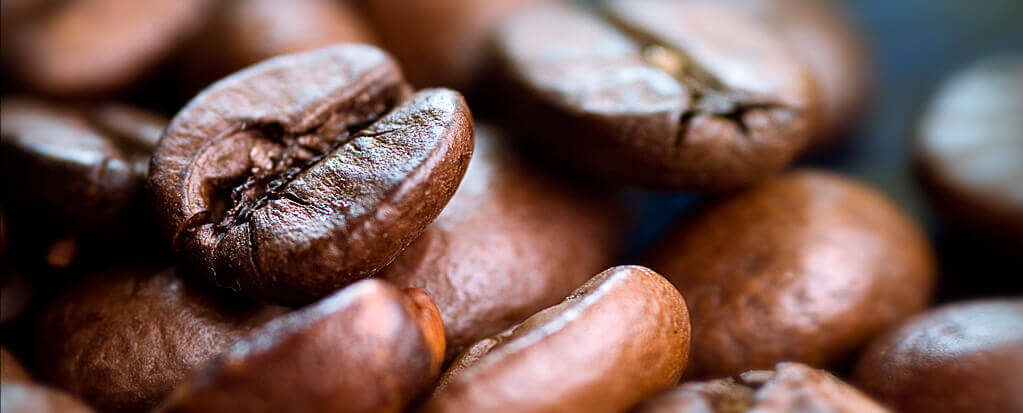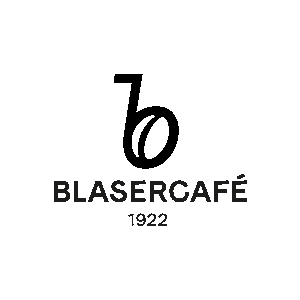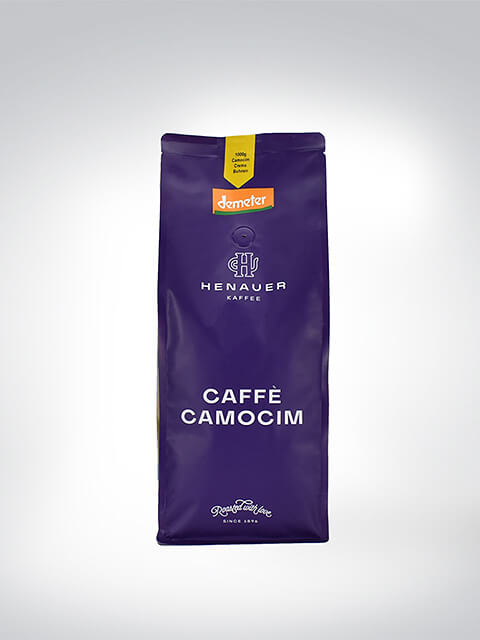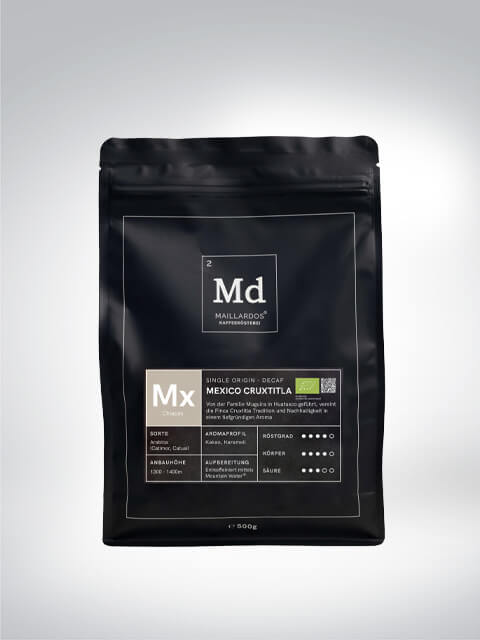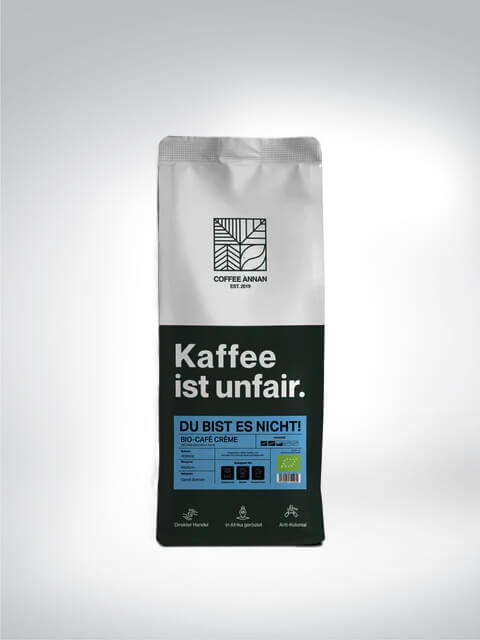OCOA Santo Domingo, Dieter Meier Edition
Dieter Meier and Iwan Hauck found what they were looking for in the Ocoa mountain region on the Caribbean island of Santo Domingo, on a very remote coffee plantation: the Estate Rauschgold at over 1000 metres above sea level. With this Ocoa, the coffee gourmet can finally once again buy one of the excellent Santo Domingo coffees for which this island used to be known among experts.
Ocoa Santo Domingo is designed for espresso preparation. Tastings have shown that Ocoa also develops its excellent flavour as a café crème and even when filtered. In terms of flavour, the coffee offers very well-balanced, delicate bitter notes and fine fruit acid notes with a clearly perceptible sweet undertone.
Blasercafé is a Swiss family business based in Bern. The company was founded in 1922 as a small coffee trading business by Walter Blaser in Zurich. Shortly afterwards, the company moved to Bern. In the 1930s and 1940s, sales were handled by almost a hundred salespeople who travelled from door to door with the goods. Even then, green coffee was purchased directly from the country of origin. Today, Blasercafé is one of the largest roasting companies in Switzerland.
250 g beans
Crema
Caffeine
Blasercafé
1 year
Dominican Republic
medium degree of roasting
Flavour-tight bag
Handpicked selection Discover our handpicked coffee variety and matching accessories for an all-round perfect coffee experience.
Your satisfaction is important to us Your security is our first priority. Enjoy worry-free shopping on our website with encrypted payments and trusted transactions. Your satisfaction is our top priority.
Payment convenient and reliable With us you have the choice! Pay conveniently by invoice, credit card, Twint, Klarna or Paypal - safely and reliably.
Your privacy is important to us We place great importance on the protection of your data and privacy. With us, you can rest assured that your personal information will be treated securely and confidentially.
 Ordered before 2pm, shipped today
Ordered before 2pm, shipped today  FREE SHIPPING FROM 90.00
FREE SHIPPING FROM 90.00 









